Laser hair removal has some contraindications that need to be mentioned. These may include certain types of medications, pathologies, or many other temporary restrictions that could interact with the treatment.
Read our article carefully to discover the main contraindications of laser hair removal that could affect the safety and effectiveness of the treatment.
What are the contraindications to laser hair removal?
Here is a list of restrictions that may constitute contraindications to laser hair removal that you should be aware of before you start:
Drugs contraindicated for laser hair removal
Certain medications, both oral and topical, and vitamins can increase the risk of adverse reactions interacting with laser hair removal and compromise the results.
Here is a non-exhaustive list of medications contraindicated during laser hair removal treatment:
|
Medicines and vitamins |
Side effects |
Examples |
|
|
Photosensitive drugs |
These medications may increase skin sensitivity. They can intensify pain, increase irritation, and cause adverse reactions to UV rays. |
|
|
|
Anti-acne medications |
These treatments can cause significant skin damage if exposed to the sun. They also have the effect of slowing down the skin's ability to heal and regenerate. |
|
|
|
Anticoagulant drugs |
|
|
|
|
Vitamins |
|
|
Cancer treatments such as chemotherapy and heart treatments may also be contraindicated during laser hair removal.
What should you do if you take one of these treatments?
You will first be advised to complete your treatment and wait a few days, weeks or even months to allow your body to eliminate the substances before starting laser hair removal.
If you are considering permanent laser hair removal treatment, you should inform your therapist of any medications you have taken just prior to treatment.
Skin diseases and problems
In these cases, it is necessary to obtain medical advice before starting treatment:
- poor blood circulation, heavy leg syndrome and bleeding disorders,
- inflammatory diseases,
- diabetes,
- venous insufficiency, hemorrhoids and varicose veins,
- skin conditions such as keloids, hives, herpes, vitiligo... and temporary skin irritations caused by creams and chemicals.
If you are suffering from any pathology, you must absolutely report it to your practitioner.
Sun tanning and self-tanning
This refers to tanned skin, not naturally brown skin. Self-tanners and sun tanning are contraindications for laser hair removal to protect the skin from the risk of burning and hyperpigmentation.
Laser hair removal during pregnancy is not recommended
Laser hair removal is contraindicated for pregnant women. It is best to stop your hair removal sessions as soon as you find out you are pregnant.
You can resume your treatment at least 3 months after giving birth. However, this may differ in the case of a cesarean section, as it depends on your healing. Don't hesitate to talk to your therapist about this.
Laser hair removal while breastfeeding is contraindicated
Laser hair removal and breastfeeding are not compatible. Experts advise against performing the treatment during the first weeks of breastfeeding and recommend that new mothers can begin or continue their laser treatments 3 to 6 months later.
Find more information about laser hair removal and breastfeeding in our article.
Light hair
Laser hair removal on white, gray, blond, or red hair is not effective. The laser beam is attracted to the pigment in the hair. The more pigmented or darker the hair, the more effective the results will be.
Find out which permanent hair removal method is most effective for white hair.
Unhealed wounds and sores
Laser hair removal is not recommended for use in cases of recent injuries or scars in the area to be treated. Therefore, it is safer to postpone your appointment until these have completely healed.
Laser hair removal and tattooing
The laser can change the shape and color of your tattoos in the area you want to treat.
You should therefore think carefully before starting and inform your therapist so that they can adapt the treatment accordingly.
What are the side effects of laser hair removal?
Laser hair removal may cause some unwanted reactions, such as redness or tingling in the treated area. These reactions are temporary and last no more than 48 hours.
However, if the treatment is performed incorrectly or the laser machine is not suitable for your skin type, the side effects may be more serious, such as burns.
This is why it is very important to perform your laser hair removal with a laser machine adapted to your skin type and with an experienced practitioner to ensure a safe and effective treatment.
Conclusion
Here we've compiled the main contraindications to laser hair removal. While most of these are temporary, they definitely require medical advice.
To assess your eligibility for permanent laser hair removal and ensure there are no contraindications that could compromise treatment, book a free informational consultation with one of our therapists today.

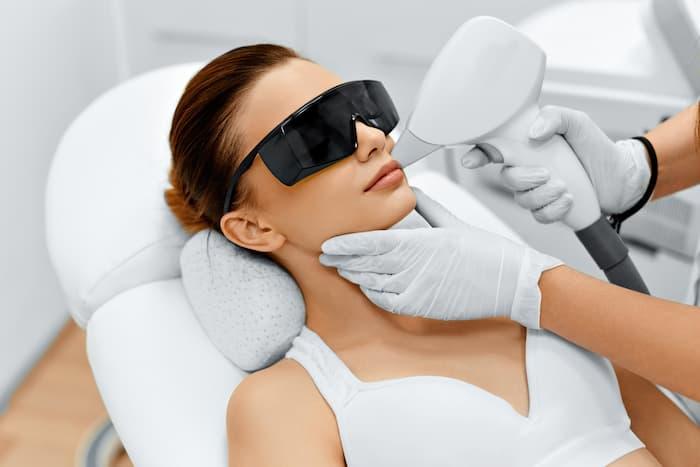
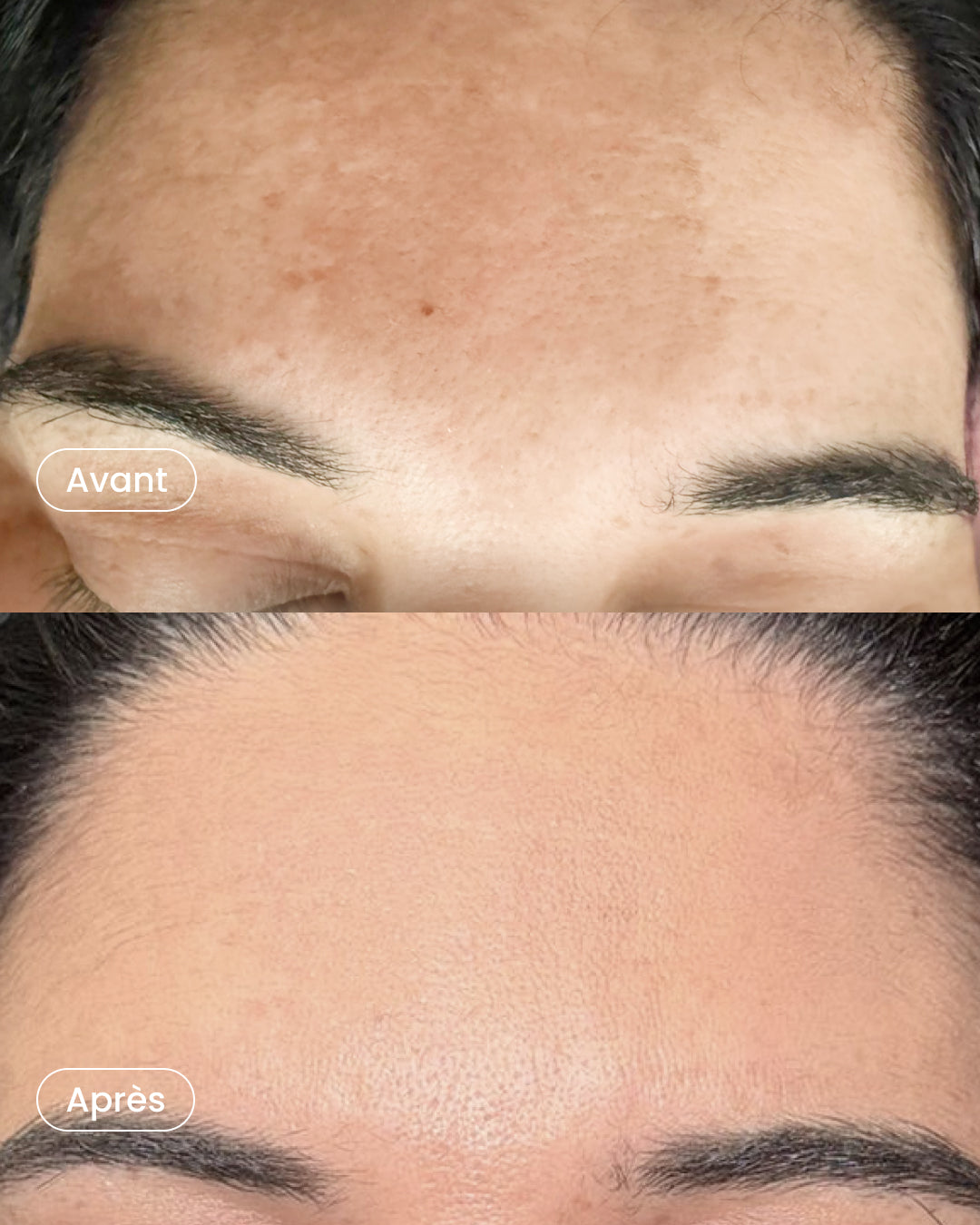
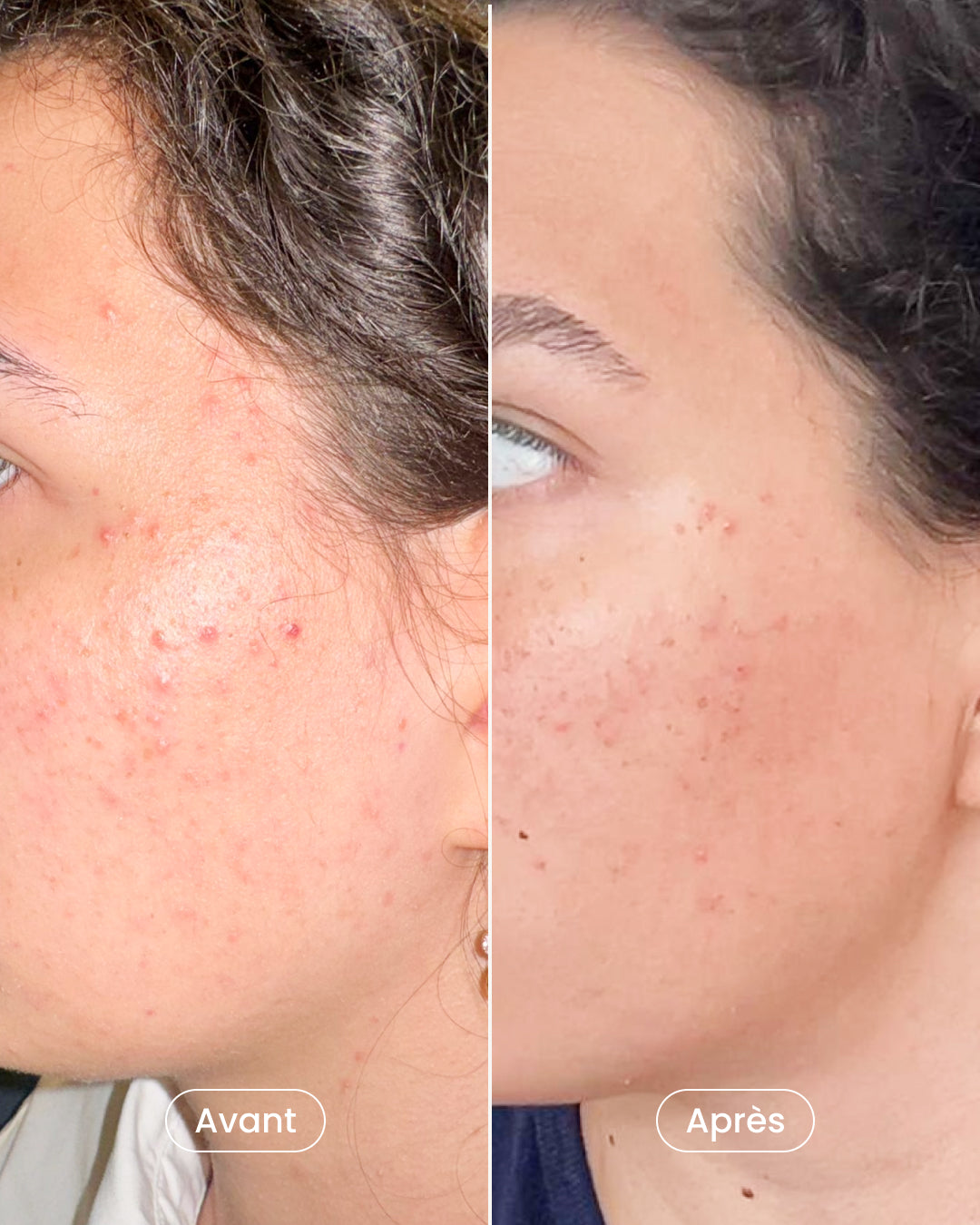
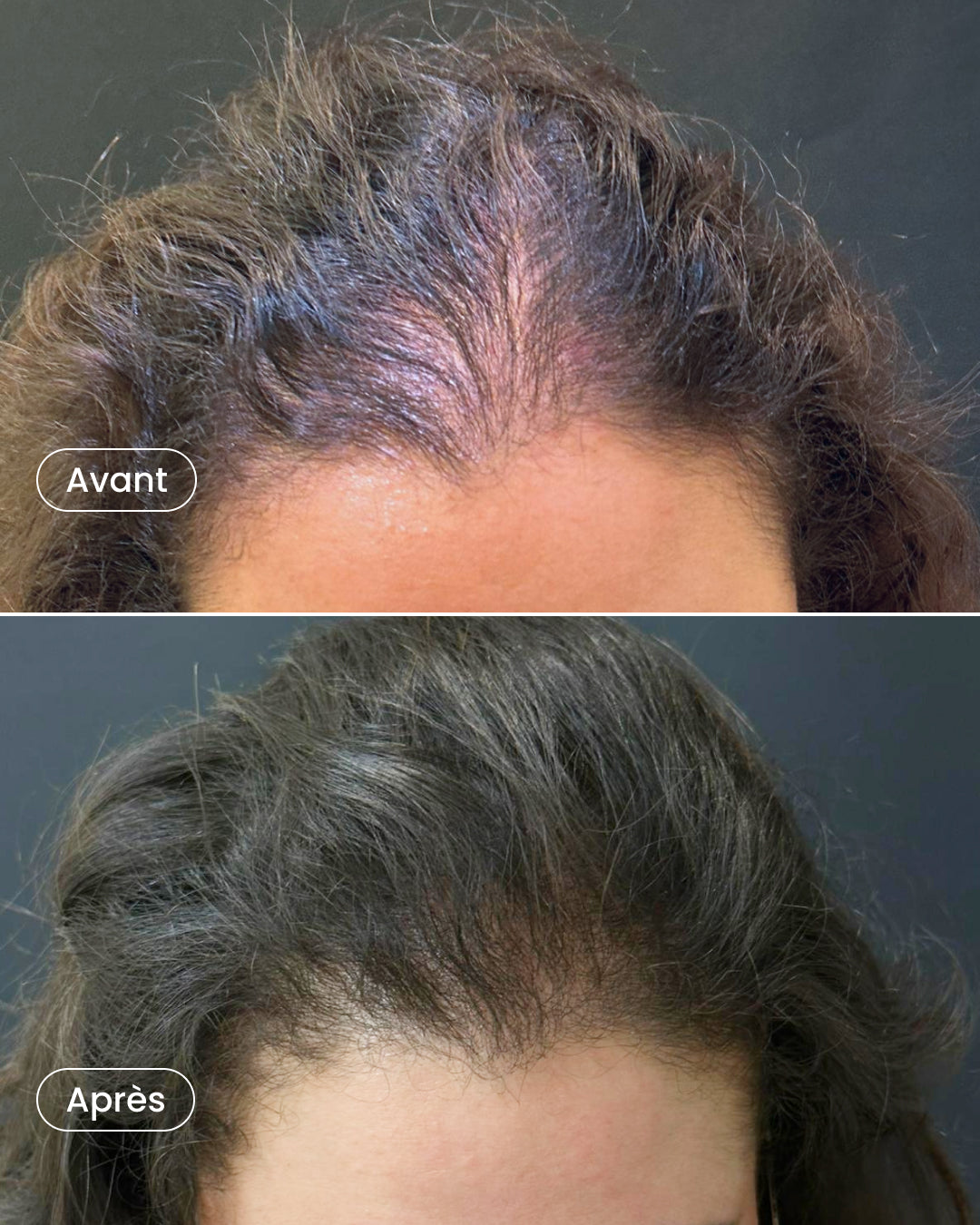


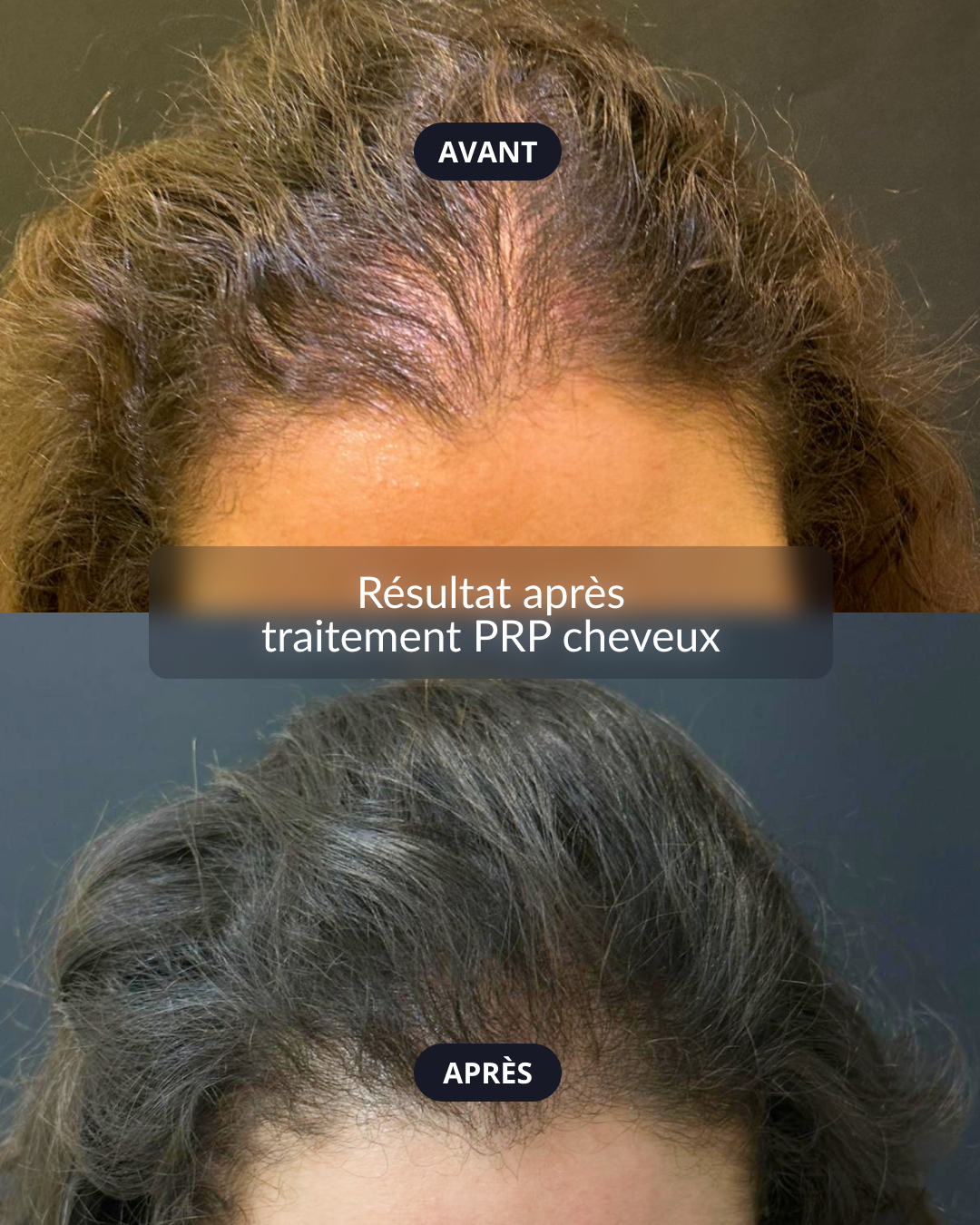



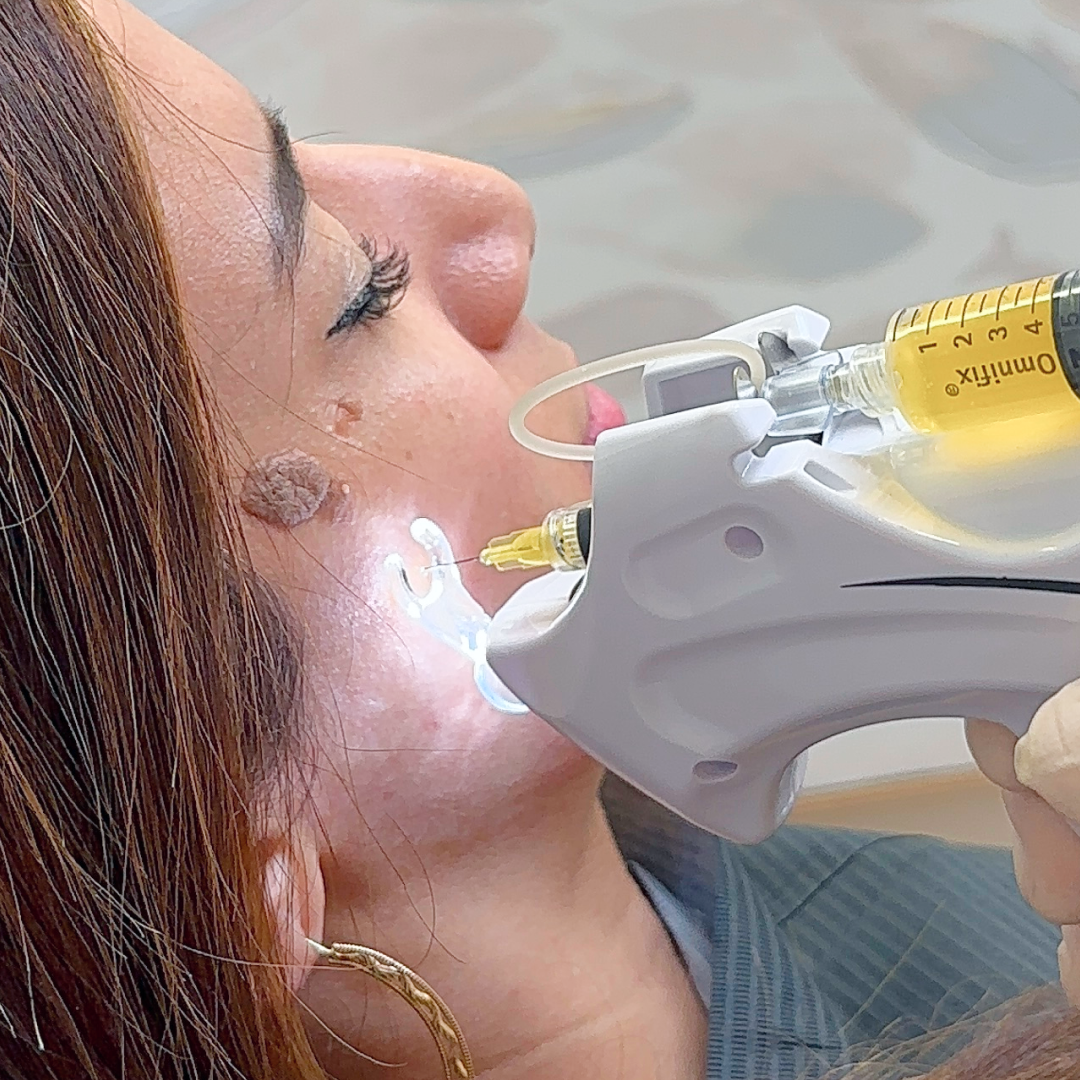



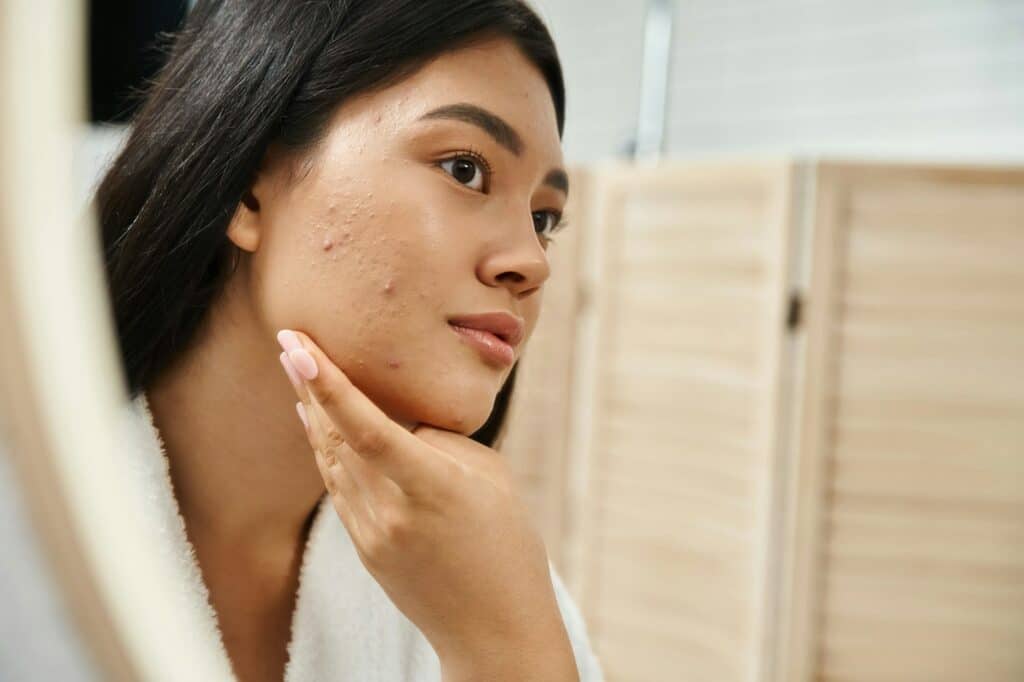
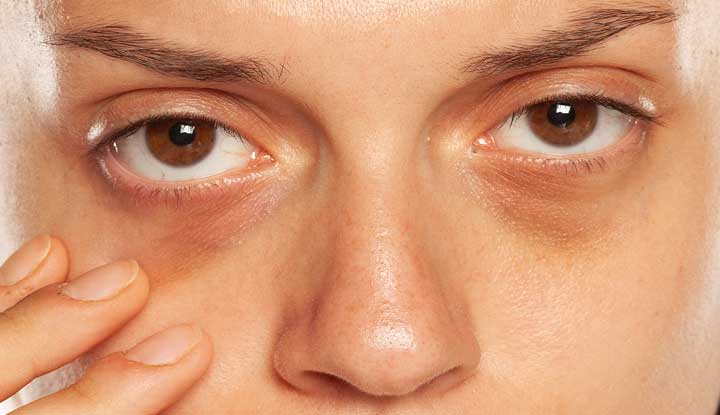

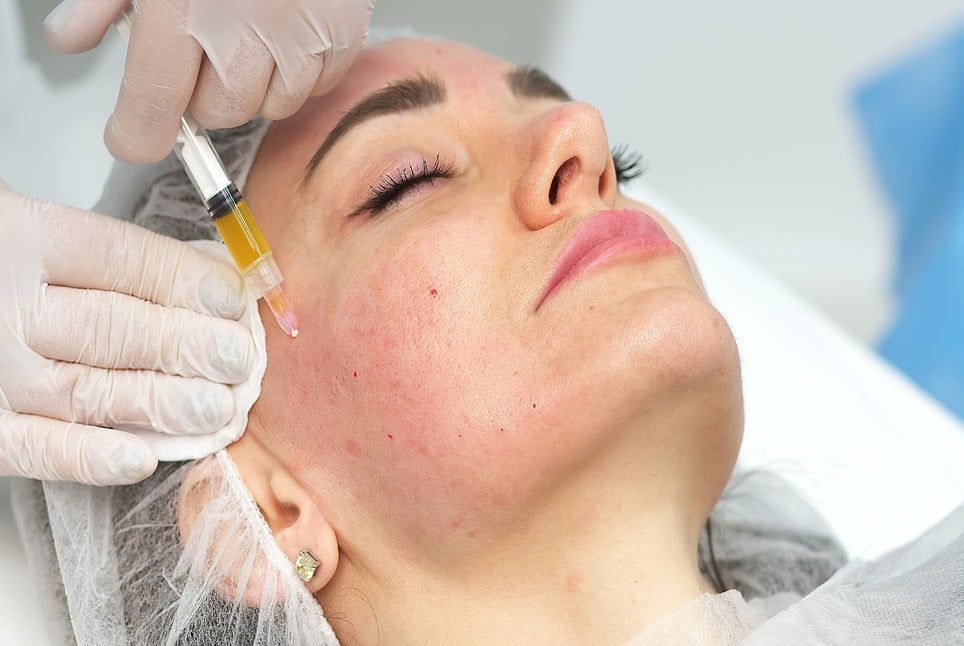
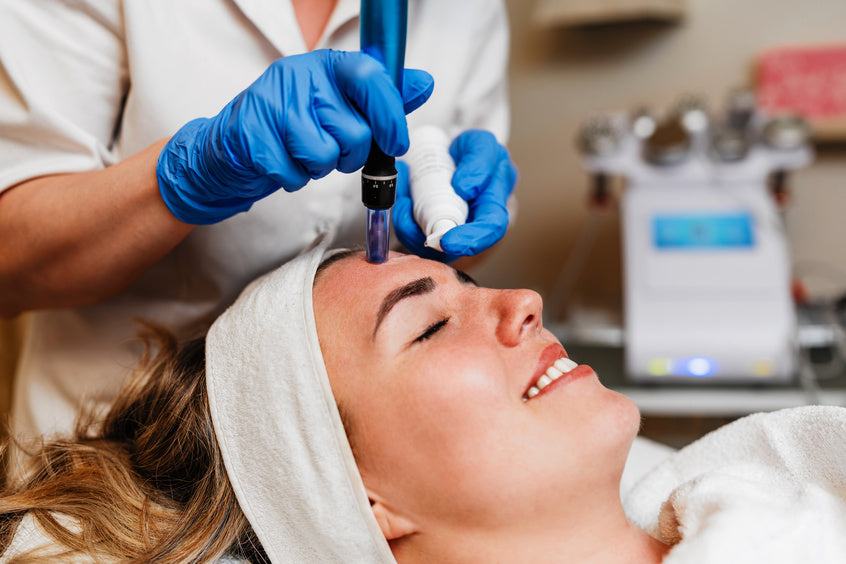
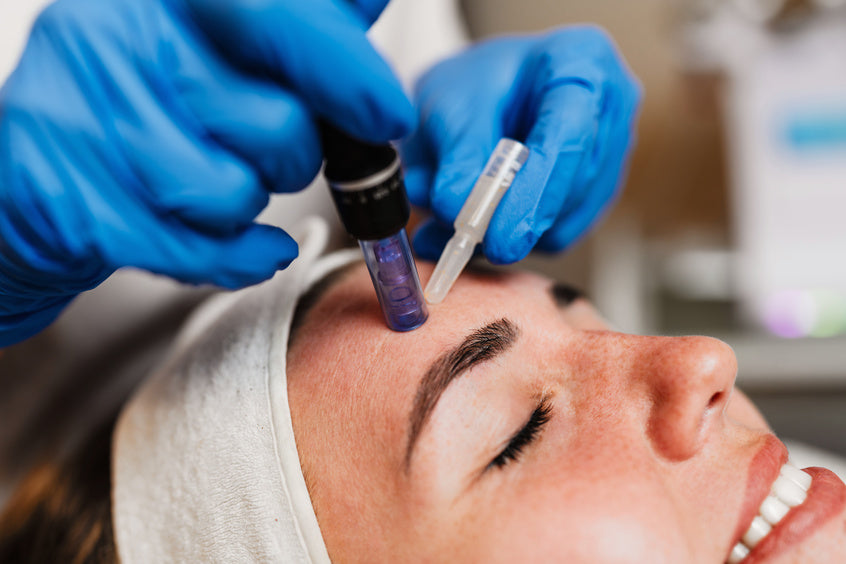
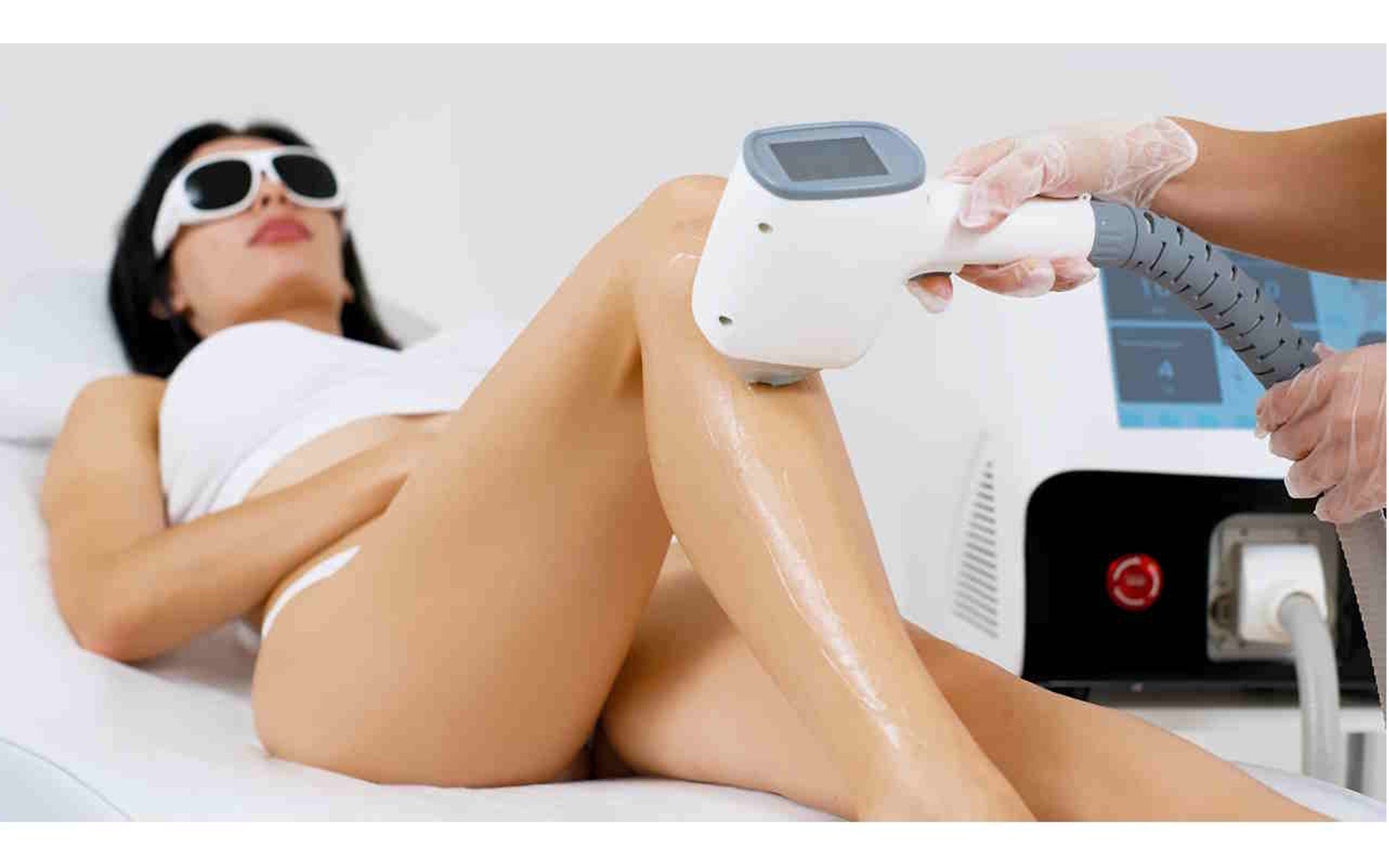

Share: